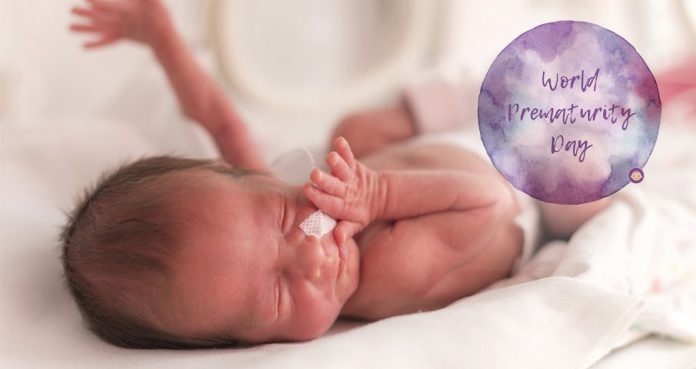The U.S. Centers for Diseases Control and Prevention (CDC) found that at least one in every 10 infants are born prematurely, which is before even completing 37 weeks of pregnancy.
Worldwide, premature birth is one of the leading causes of death in children under five.
As World Prematurity Day is observed on November 17 every year, it brings to our attention the increasing number of deaths from preterm birth in the United States and across the globe.
The day is commemorated to raise awareness of the problems faced by children that are born prematurely. When babies are born prematurely, their disability and death rates increase.
A non-profit organization “March of Dimes” has found that premature birth rate in the United States has increased for the fourth consecutive years from 9.63 percent in 2015 to 10.02 percent in 2018.
Epidemiologist Becky Russell from March of Dimes told NPR, “If you look at the increases since 2014, cumulatively we’re talking about 27,000 babies.”
She explained that the surge in the preterm death rate could be due to socio-economic factors. She also explained that it is unclear why there is a rise in the premature birth rate; however, she speculated that “unequal access to maternal care and high poverty rates” increase the mother’s risk of delivering babies prematurely.
The CDC has found that ethnicity has some role to play in premature birth rates. The 2018’s estimate has shown that the preterm birth rate among African-American women was 50 percent higher than white women.
Other factors responsible for the surge in preterm birth rates include stress, smoking, alcohol, and illegal drugs.
Infants born prematurely are at greater risk of developmental problems later in their life, such as cerebral palsy, hearing and vision problems, etc., according to the CDC.
Bobbi Fleiss, Research Fellow at RMIT University, said, “Preterm birth does still lead to catastrophic brain injuries in a small but important number of babies every year, injury that leaves these infants as they grow with drastic reductions in their abilities to interact with their families and their environment.”
“Once a baby is born preterm, we have no brain regenerative or protective treatments to offer them,” added Fleiss.
Preterm babies also face respiratory issues and other complications such as attention-deficit/hyperactivity disorder in their adulthood.
However, one study has found that many premature babies tend to grow up as healthy adults, with no major illnesses. Dr. Casey Crump said, “There were no studies that we know of that looked at good health in premature births into adulthood. These findings matter for the growing number of people born prematurely because they show that most can lead a healthy, resilient life with good overall function in adulthood.”























